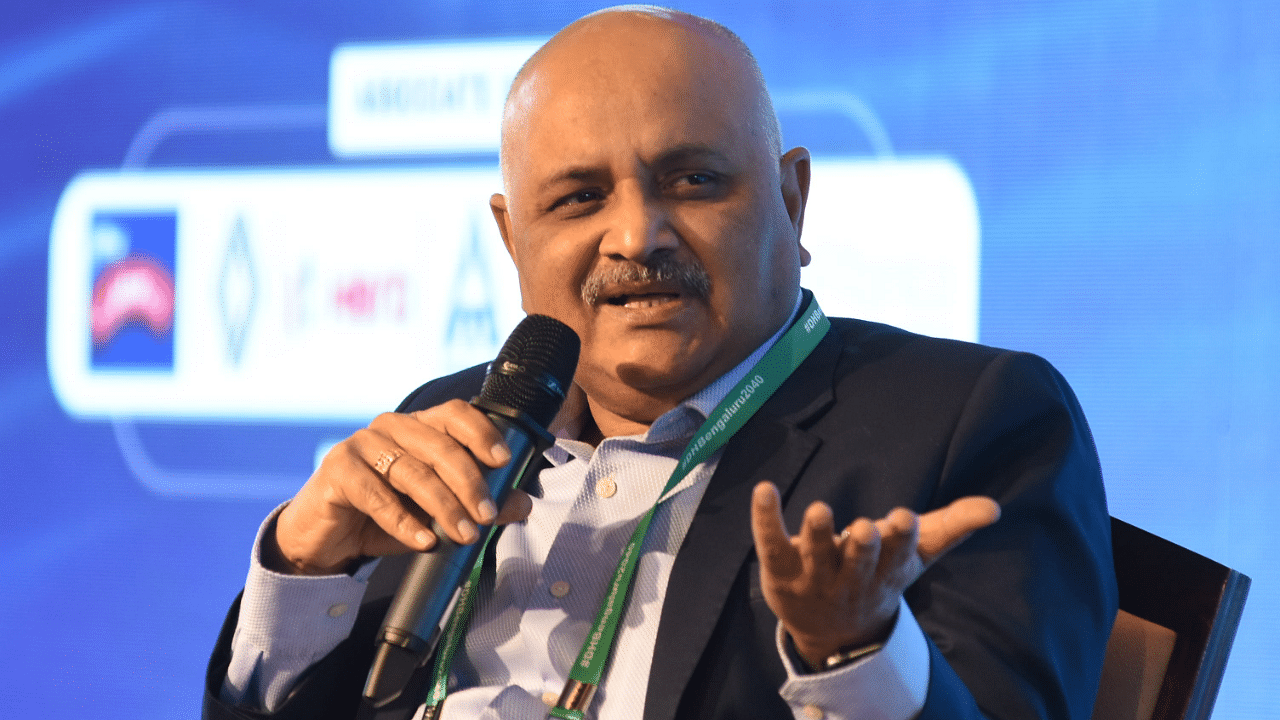
What would the crime scene in Bengaluru look like 20 years from now? Would street crimes like dacoity and robbery be still around? What about traditional crimes such as murder, assault or rape?
Karnataka state police chief, Praveen Sood, was certain that by the year 2040, lawbreakers in the city would overwhelmingly turn to cybercrimes. That would be made possible by the ever-rising internet penetration, he added. "Cybercrimes may even rise by 100 times or more," he said.
The director-general and inspector-general of police (DG&IGP) was speaking on 'Crime Patrol: Battling the Bad Guys' at the DH Bengaluru 2040 Summit here on Friday.
“The nature of crime has changed over the decades, and maybe 10 years later, it would change even further. Street crimes like dacoity and robbery would probably become history because the cost and risk of committing cybercrimes have reduced so much and become so easy that more and more criminals are going to be pushed into the virtual world and therefore the task of police will be very critical,” Sood explained. As for traditional crimes, they would never go away, he added.
The second panellist, Col K P M Das, National Cybersecurity and Trust Officer at Cisco, concurred, saying the enormity of the virtual world would pose greater challenges. Citing the example of East European country Estonia, which has fully adopted digital governance, he said that from a cybercrime point of view, more digitisation would pose greater challenges. “With city infrastructure getting digitised, you would be raising the threat envelope by millions of times, and the vulnerability will also increase. But there is also the good news that the justice delivery system will get better with the help of digitisation,” Das said.
Weighing in, Jayna Kothari, a senior advocate in the High Court of Karnataka, said that the addition of legal provisions to ensure women's safety hadn't helped curb trolling and stalking in cyberspace.
“What is one supposed to do when there is online stalking and trolling? The problem is that the onus is not on the perpetrator. The victim may go to the police, but still, the onus is ultimately on the complainant. How do we devise a solution so that online lives are safe? These are the future challenges," she said.
Sood suggested coordinated efforts to tackle the rising menace of social media-related offences. “Social media is where you can abuse anyone and disappear. The volume (of social media-related offences) is so high that no system can handle it. And we did not create a system that could handle it. There is a bigger need to train and educate the prosecutor who is going to fight that case and probably the magistrate who is going to pass the judgment after understanding it. We have not created a mechanism to take the case to the logical end. And that is why in most cases, it's like a dead wall," he said.
The panellists agreed on the "huge need" to transform the way the criminal justice system operates and said a lot of thinking should go into that.
Watch the latest DH Videos here: